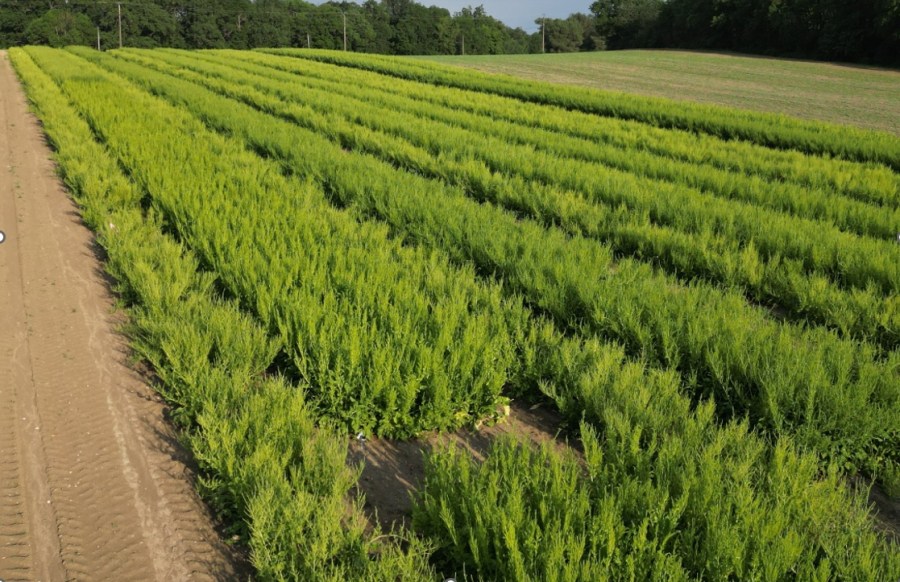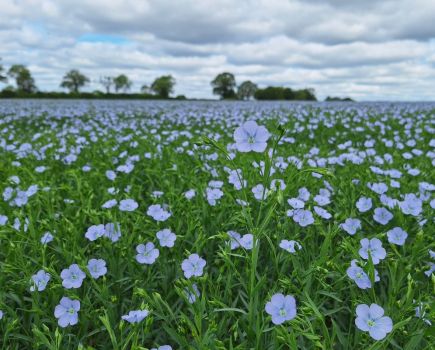Maintaining knowledge exchange will be an important facet of sugar beet management this season to help offset volatility, is the message from variety experts.
According to Ian Munnery of SESVanderHave, despite the cold and dry spring, most crops are now established and will be compensating for the slow start to the season.
“We’re not alone in our challenges, wider Europe has experienced similar issues. Overall we anticipate this should support sugar prices and be reflected across into 2024 contracts when NFU Sugar and British Sugar conclude negotiations,” he says.
Sharing trial data
“Key to supporting growers will be effective knowledge transfer from breeders, ensuring relevant trial data is shared to provide valuable insight which helps growers to maximise yields.”
Part of this, Ian believes, will include exploiting the rotational benefits of growing beet which include breaking the cycle of many weeds, pests and diseases, as well as providing a useful wildlife habitat.
Global insight
He also says SESVANDERHAVE has a wealth of data from the company’s global trials network which highlights lessons learnt, whether that’s in relation to drought, establishment, priming, pelleting, pests, diseases, fertiliser use or processing.
“Ultimately, this knowledge and experience is what we’re delivering to growers wrapped up in our blue pelleted seed – the foundation of future crops,” he says. “The seed destined for 2024 sowing is still growing, and the UK-destined seed crops of Osprey and Wren are well advanced in South West France.
“The flowering timings between the female bearers and male pollinators are well aligned as they complete flowering this month, with harvest anticipated for the last half of July.”
New for the RL
Osprey was recently added to the 2024 sugar beet Recommended List – an AYPR-tolerant variety with no restriction on sowing date. For more information, read this article from the May issue of CPM.




